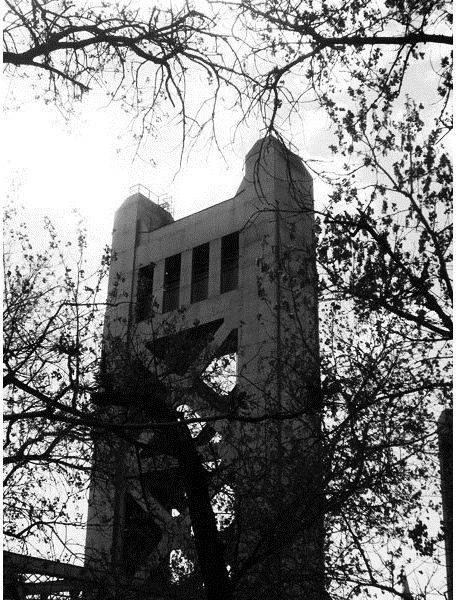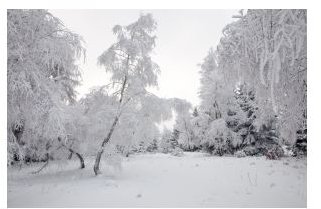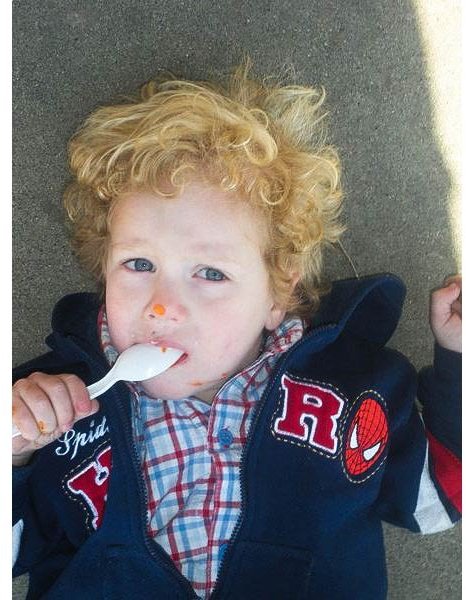5 Expert Photography Techniques & Tips on How to Master Them
Learning Expert Photography Techniques
Photographers of all levels of interest are always striving to improve their skills and technique. It is best practice to challenge yourself and your equipment and continue to learn different techniques, styles, and types of photography. This is especially true for professional or aspiring professional photographers. Here are five expert photography techniques worth learning.
Candid photography
Candid photography tends to focus more on emotion and spontaneity instead of setup and technique. This style of photography has become hugely popular in day, night, and even special occasion photography. Many wedding photographers understand the importance of catching several candid photos on top of the “staged” images.
The trick with candid photography is to be inconspicuous. Lighting and position are important for “great” candid shots, but you shouldn’t be constantly worried about getting everything perfect. Just have your camera ready at all times and “shoot from the hip.”
Night Photography
Night photography can be very difficult for new and pro photographers alike. The perfect night shot takes a blend of the right equipment, settings, skill set, and luck. This is one of the reasons why fantastic night photography is so well respected by photographers and admirers.
The biggest tip for shooting at night is actually to avoid shooting in the dead of night, if possible. Try to shoot just at the end of sunset, so there is still some light in the sky. More objects can be seen in details, and you won’t have so much negative space and noise in your image.
Black and White Photography
Next on our list of expert photography techniques is black and white photography. This type of photography can be very tricky with digital cameras, because some do not offer the capability to shoot in RAW. Some

digital cameras only shoot in color, so you have to do your conversion to black and white with your post editing software. This can make it difficult to shoot images which will convert well to black and white.
To simplify black and white photography, look for situations with contrasting elements and shades. Candid photography tends to work very well, because emotion is amplified without the distraction of color. Other options are architecture and landscape photography for stunning black and white images.
Sunny Photography
Photography with too much light is almost as big of an issue for photographers as shooting with too little light. Too much light can lose crisp details and lines which are essential to the photo, or simply wash out all of the colors. These issues will leave you spending hours in post editing, with many pictures simply being unsalvageable.
When shooting in intense light, get closer to your subject. You also wish to use a faster shutter speed to lessen the amount of light entering the lens, and lessen the aperture on your camera. This only downside is that you generally end up with nothing in focus or everything in focus. Take lots of pictures so you will have a decent batch after post work.
Winter Photography

Shooting in winter sort of goes against everything you learn in basic photography classes. Rich, contrasting colors and life are the draw for many students and teachers alike. But there is something magical about the perfect winter scene being captured on film. Those who can master this technique can command quite a following.
Lighting, again, is the biggest problem in play with winter photography. Light is bouncing off of almost every surface you see, causing very little shadow and therefore very little interest in your photo. On top of this, white on sort-of white isn’t too inspirational for some. Look for unique lighting opportunities such as those offered at dusk and twilight. These offer a slight wash of color and side lighting. Getting closer to your subjects and using a fill flash may also be a very good idea.
These expert photography techniques are worth learning even for the casual photographer. Anyone aspiring to be a hobby or professional photographer should definitely tackle them and expand their skill sets for a better portfolio.
Resources
https://www.outdooreyes.com/photo18.php3
